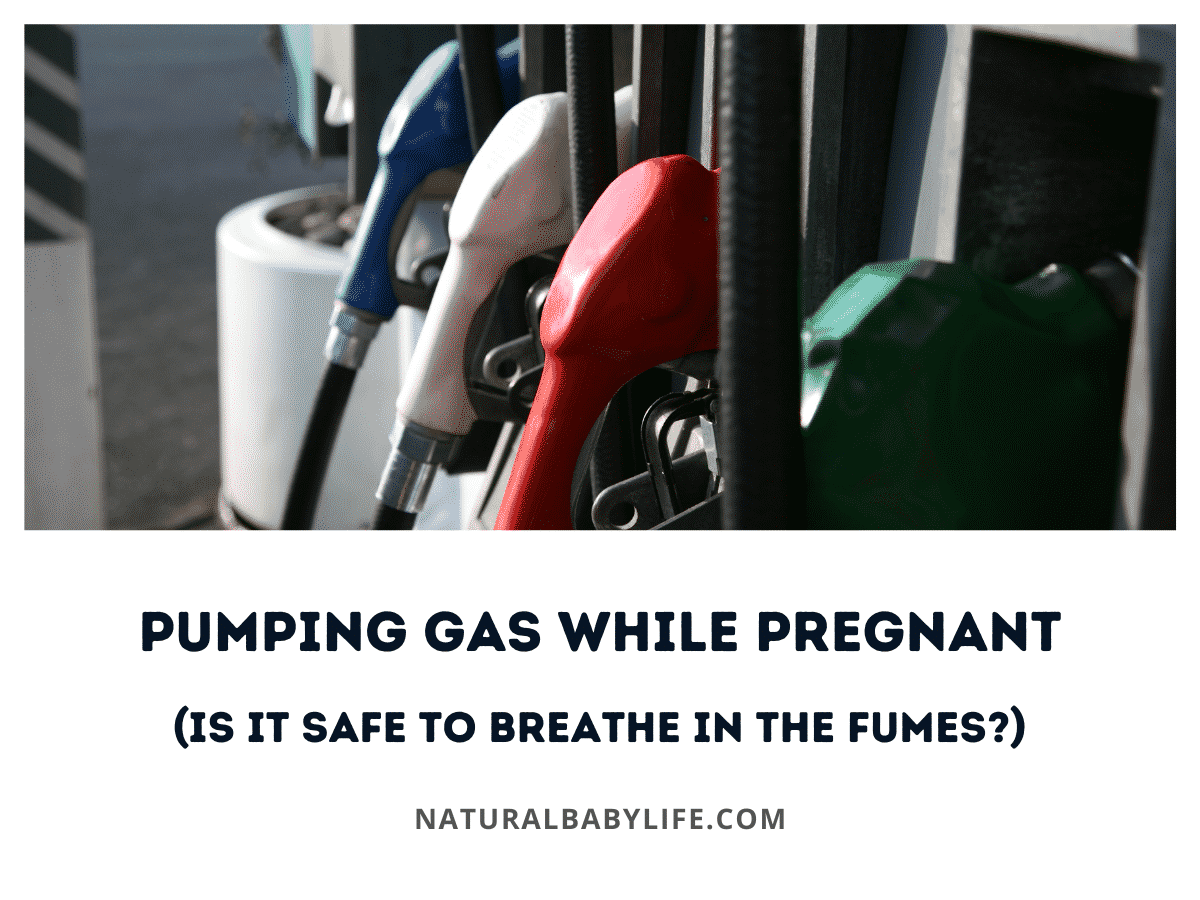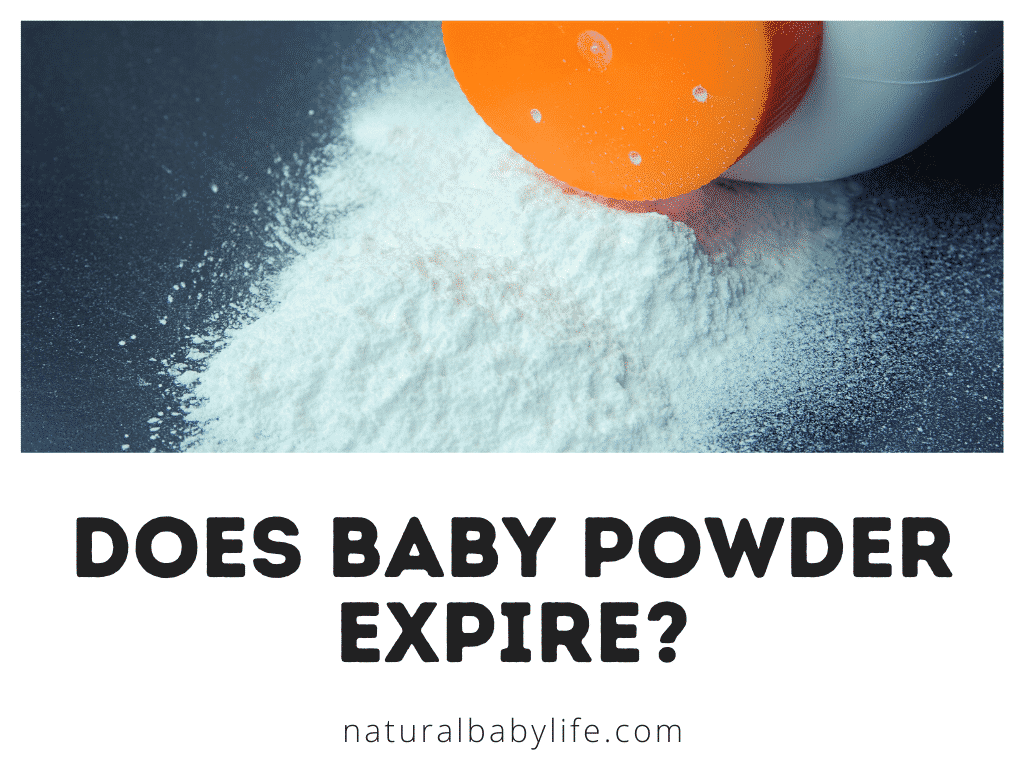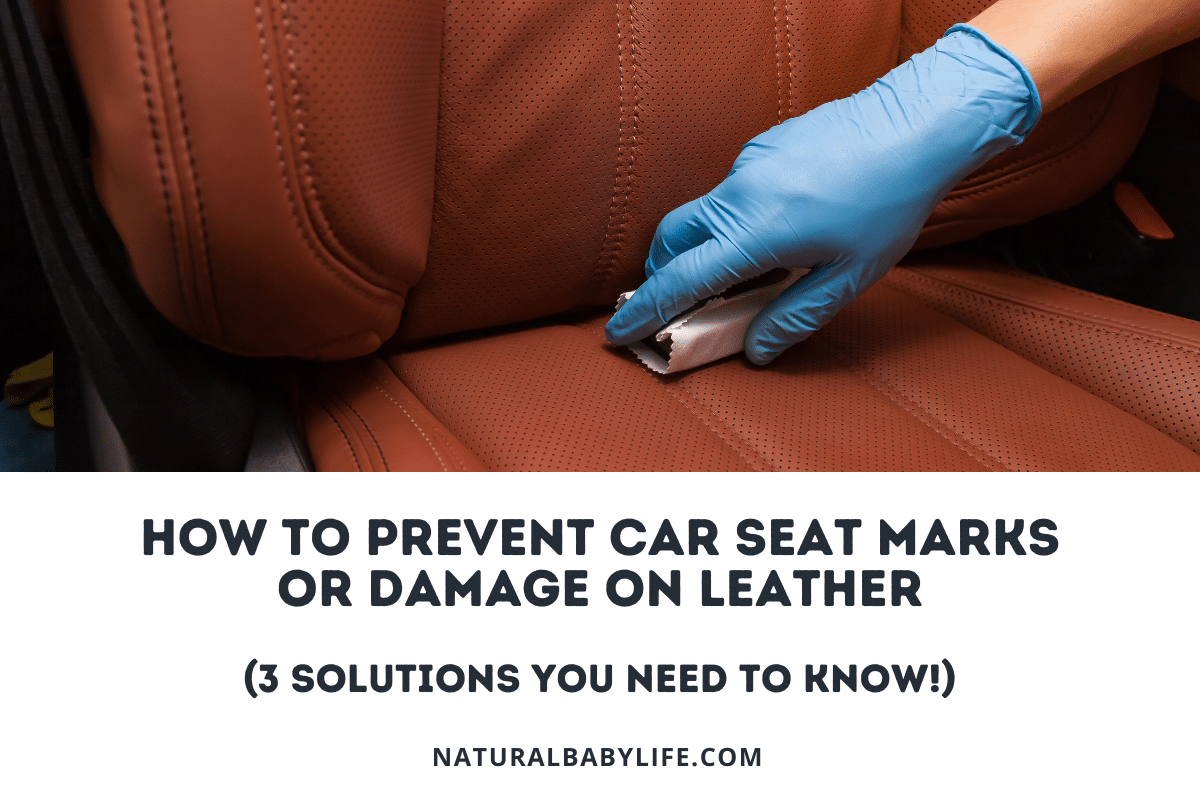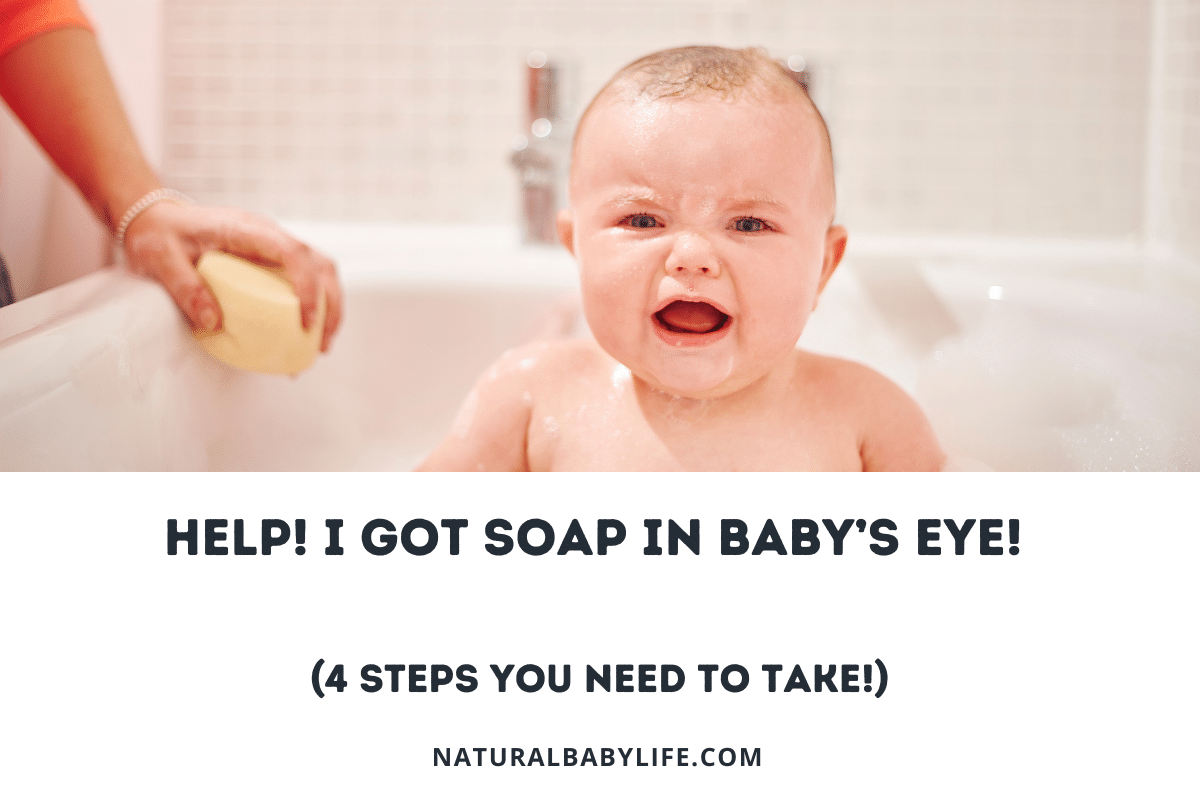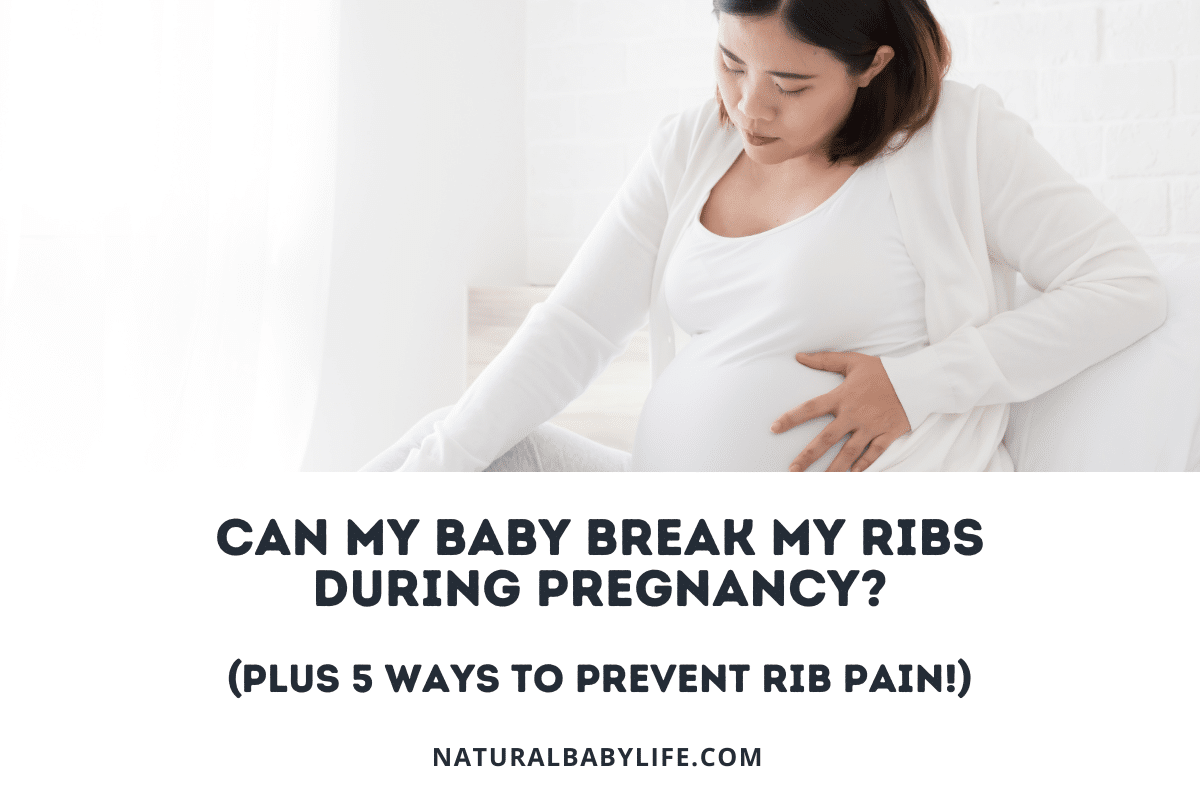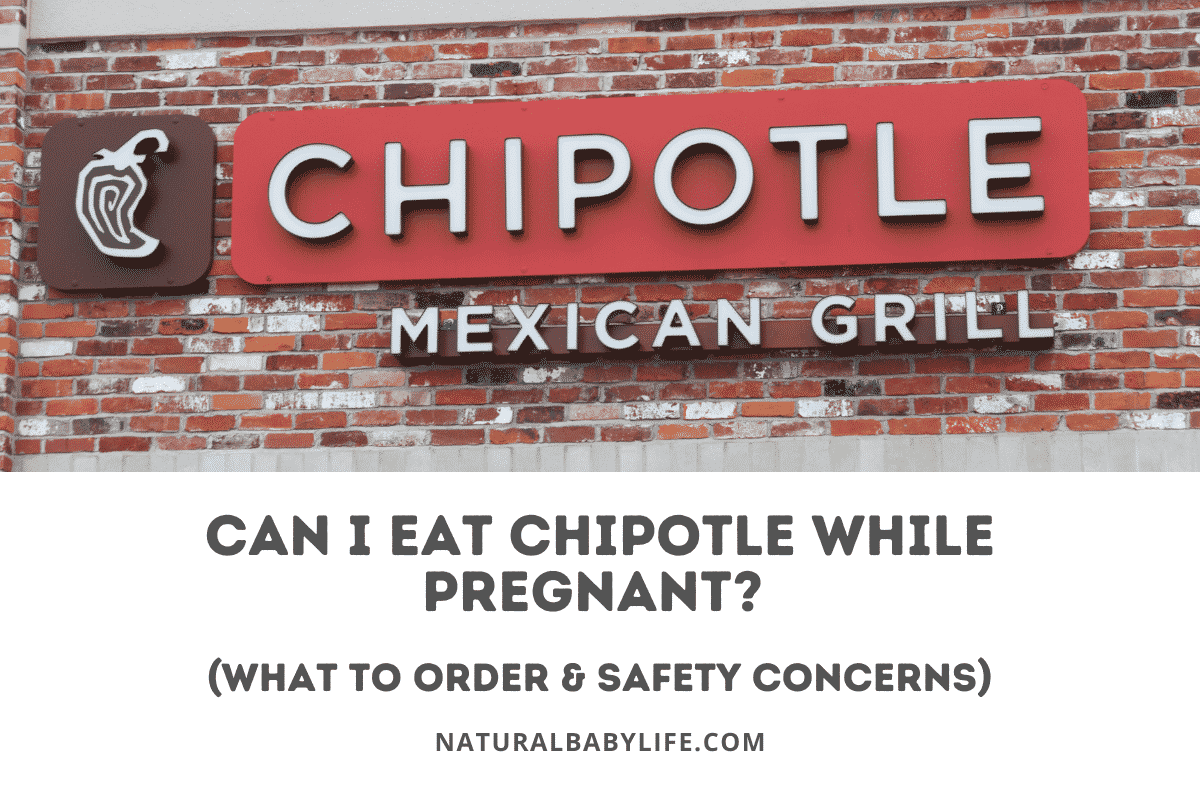Expectant moms, especially first-time parents, are constantly thinking of dangers seen and unseen that can harm their unborn child. Does pumping gasoline fall under the harmful category?
Pumping gasoline does not pose a significant risk to you or your unborn child. Inhaling gas fumes in a poorly ventilated area can lead to significant health concerns, but the chances of being exposed to a dangerous amount of fumes at an open-air service station are low. As always, it is always best to proceed with caution while pregnant.
Read on to gain a better understanding of gasoline and its effects, particularly during pregnancy.
Table of Contents
Is it safe to pump gasoline during pregnancy?
Having a baby grow inside you can be nerve-wracking. Knowing the dos and don’ts is always at the forefront. But how do the dos and don’ts differ pre-pregnancy and during? For instance, do the dangers of pumping gasoline increase now that you are expecting?
During your prenatal visits, your OB/Gyn will go over all the dos and don’ts while pregnant. Which are mainly focused on healthy pregnancy, eating right, weight gain, and exercise.
You may recall, your first prenatal visit to the OB/Gyn was a bit lengthy. Filled with a discussion on your lifestyle, family history, and routine. Your doctor is trying to get an understanding of any risk factors that may be present.
In general, you can go on with your daily activities, however, in some cases, moderation is advised. As pumping gas is not something that is done on a constant basis for a long period of time, it is not of concern.
Although gasoline is made up of hydrocarbons that can cross the placenta, there is no evidence of a direct link between negative fetus developmental effects from maternal exposure to gasoline fumes. The risk to the fetus is calculated or determined by the level of exposure coupled with the length of time exposed. As the level of exposure when pumping gas is minimum and the time of exposure is also minimum, there is no considered risk.
You can also see that there is no mention of pumping gasoline in the list of maternal guidelines laid out by either UC San Diego Health and Sutter Health.
What about just smelling gasoline while pregnant?
The vapors from gasoline are heavier than air. Because they are heavier, they tend to pool in low-lying areas. This means, children, who are shorter tend to feel the effects of the vapors more often than adults.
Inhaling gasoline in a poorly ventilated area can cause asphyxiation and carbon monoxide poisoning. Of all the precautions you may hear about gasoline, one of the more prominent ones (right up there with don’t smoke near it!) is to not use it in a confined space.
These precautions apply to everyone – not just expectant mothers – but it is doubly important to take care and be aware of your exposure while pregnant.
While it is not necessarily a sign of physical danger, pregnant women also tend to be more sensitive to certain smells so you may also find yourself reacting negatively to the smell of gasoline.
How to minimize exposure to gasoline while pumping gas
Expanding on the premise that you should avoid gas in a confined space, there are ways to minimize your exposure. What are those safety precautions that are valuable to people, especially pregnant women?
To minimize gasoline exposure while at the pump, you should first make sure you are in a well-ventilated area and your ignition is off. Also, remember to stay at arm’s length from the tank and wash your hands once you’re done pumping.
For pregnant women and any individual concerned about the fumes from pumping gas, in addition to being in a well-ventilated area, try to pump on a breezy or windy day. The breeze will help move the vapors away.
What does gasoline do to the body?
Symptoms from gasoline exposure vary. Some are more severe than others. And they depend on the type of exposure (inhalation, ingestion, skin, etc) and the level or degree of exposure.
Gasoline is a skin irritant. When on the skin, you may see signs of irritation or even a burn. Inhaling a concentrated amount of gasoline can harm your lungs. Doing so over an extended period of time can damage your lungs and other organs which can be fatal.
You can sense when the smell of gasoline is getting to you. Some of the symptoms of gasoline poisoning include:
- dizziness
- difficulty breathing
- pain or burning in your throat or esophagus
- vomiting
- severe headaches
- extreme fatigue
If you believe that you have experienced a high level of exposure, you should contact a medical professional.
Can gasoline fumes hurt an unborn baby?
While the overall consensus is that it is safe to pump gas while pregnant, it is still a concern for many parents as to the effect it will have on the unborn baby. Do the fumes pose a threat to the baby in the belly?
The average amount of exposure to gasoline fumes while pumping gas is not enough to harm your baby. However, in excess, the fumes can hurt the unborn baby. If a pregnant person is sniffing or huffing gasoline in excess as an inhalant then their baby will be affected.
Long-term effects of excess inhalation of harmful chemicals, including gasoline, include:
- development issues
- low birth weight
- stillbirth
- miscarriage
Other dangerous fumes and chemicals to avoid during pregnancy
Pumping gasoline should not be the only thing on your pregnancy watch list.
On a day-to-day basis, there are chemicals and fumes that people come in contact with that you should avoid while pregnant. Some are even household products.
You should avoid dangerous fumes and chemicals during pregnancy, including:
- Lead – Often found in pottery, paint, older homes, and tap water. Lead poisoning can pass from mother to baby, leading to an increased risk of miscarriage, premature birth or low birth weight, damage to the fetus’ brain, kidney, and nervous system, and learning or behavioral problems throughout childhood.
- Mercury – Mercury is found in coal-burning power plants and tainted seafood, such as shark, swordfish, and king mackerel. Babies who are exposed to mercury in the womb may exhibit brain damage or hearing and vision problems.
- Cigarette smoking and vaping – Despite being touted as a “safer alternative,” vaping is just as bad for your unborn baby as smoking.
- Formaldehyde – You may be most familiar with this chemical for its use in mortuaries and high school science classes, but it’s actually a common preservative in beauty products, including some shampoos and conditioners and many nail polishes. Extreme instances of formaldehyde exposure may result in pregnancy loss, congenital malformations, and premature birth.
- Cleaning products – Most cleaning products are considered safe to use while pregnant (although the strong odors may still produce a negative reaction if you’re particularly sensitive to smells), but you should avoid products with glycol ethers or phthalates. You should also try to avoid spray cleaners and air fresheners due to the increased risk of asthma and respiratory problems – these issues are not shown with poured liquid, probably because of the limited exposure to the liquid itself.
Just as with gasoline, excess exposure to these products can be harmful to both you and your unborn baby. So, practice moderation and proper ventilation when in use.
If in doubt, seek guidance from your medical professional.

